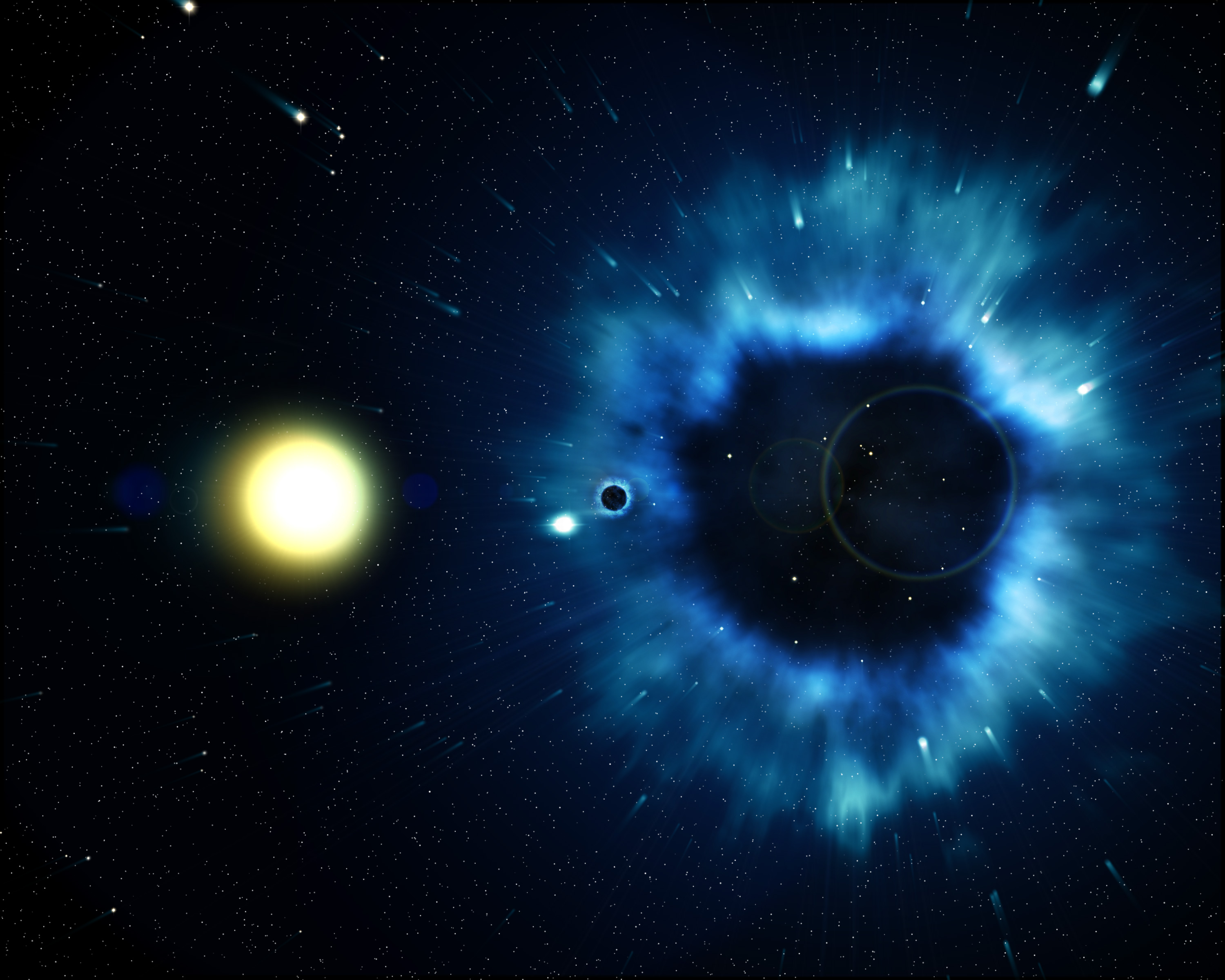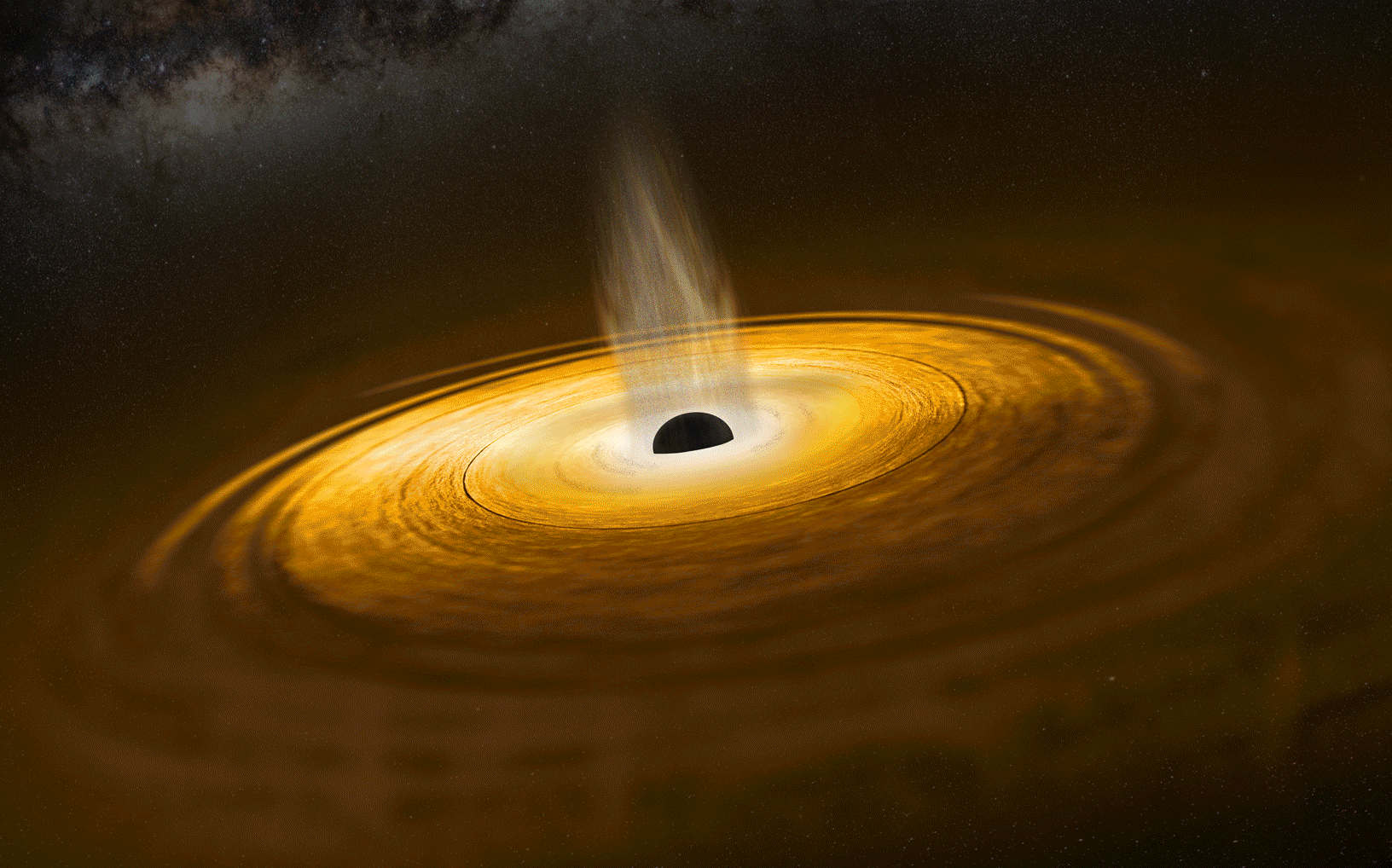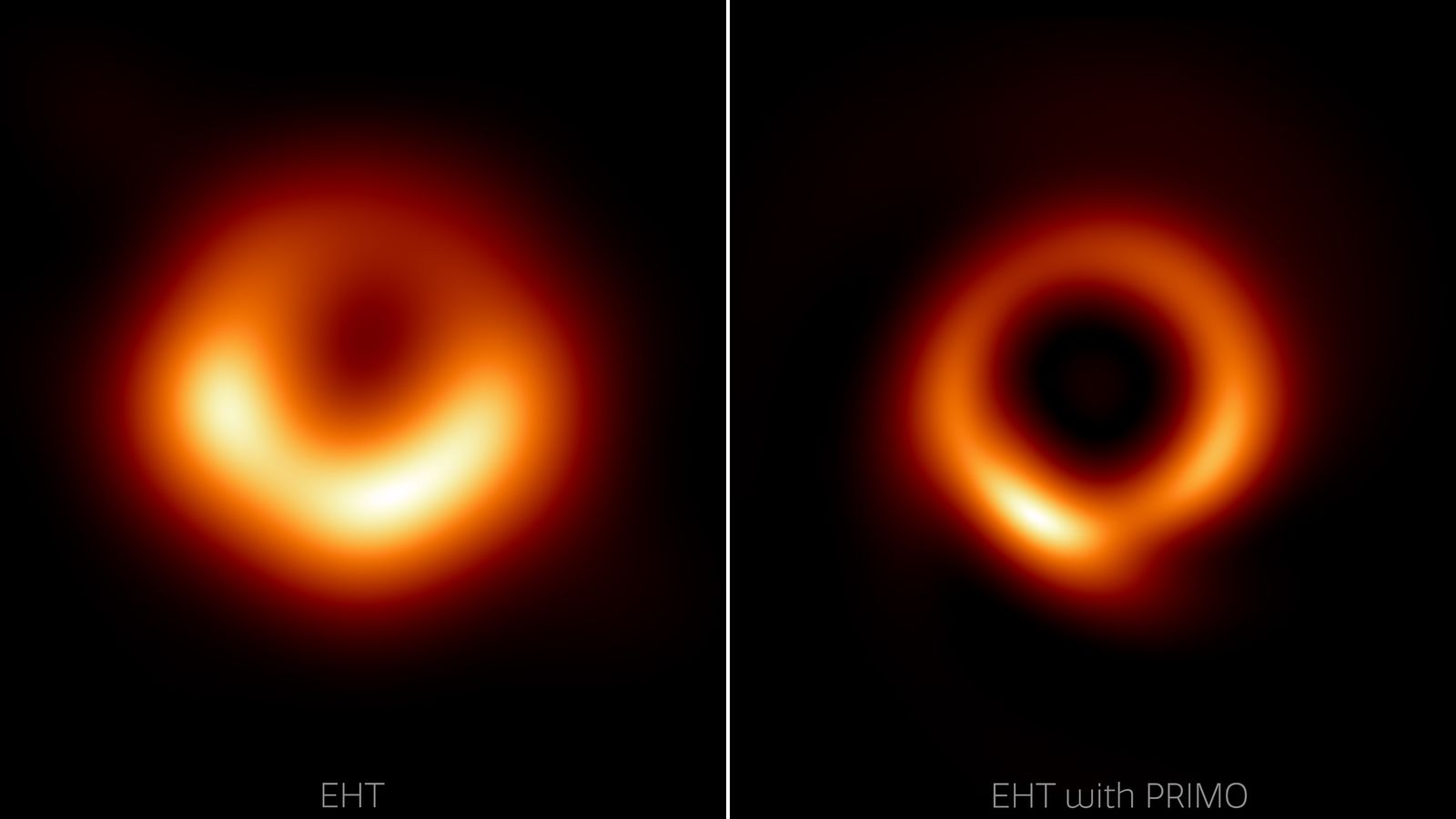Exploring the Fascinating World of Black Holes
Introduction:
In the vast expanse of the cosmos, there exist enigmatic entities that defy our conventional understanding of physics and space-time. Black holes, often regarded as the most mysterious objects in the universe, have captivated the imaginations of scientists and the public alike for decades. From their formation to their peculiar behavior, and their profound influence on the cosmos, black holes continue to be a source of fascination and intrigue. In this exploration, we delve into the depths of these cosmic wonders, unraveling their secrets and pondering their role in shaping the universe.
Formation of Black Holes:
Black holes are born from the dramatic deaths of massive stars. When a massive star exhausts its nuclear fuel, it undergoes a catastrophic collapse under its own gravity. During this collapse, the star's core implodes, leading to a supernova explosion that disperses the outer layers of the star into space. What remains is a dense core, which, if it exceeds a critical mass known as the Chandrasekhar limit, collapses further to form a black hole.The boundary surrounding a black hole, beyond which nothing can escape, is called the event horizon. This region marks the point of no return, where the gravitational pull becomes so intense that not even light can break free. Thus, black holes are characterized by their invisibility, as they absorb all light that enters their vicinity, rendering them seemingly invisible to conventional telescopes.
The behavior of Black Holes:
One of the most intriguing properties of black holes is their ability to warp space-time. According to Einstein's theory of general relativity, massive objects like black holes distort the fabric of space-time, creating a gravitational field so strong that it alters the paths of nearby objects, including light. This phenomenon, known as gravitational lensing, allows astronomers to detect the presence of black holes indirectly by observing the distortion of light from background stars and galaxies.Black holes also exhibit remarkable phenomena such as time dilation and spaghettification. As an object approaches the event horizon of a black hole, gravitational forces become increasingly stronger, causing time to slow down relative to an observer far from the black hole. This effect, predicted by Einstein's theory, has been observed in the vicinity of supermassive black holes at the centers of galaxies.
Furthermore, the tidal forces near a black hole can stretch and compress
objects in a process known as spaghettification. In this scenario, the difference in gravitational pull between the near and far sides of an object causes it to be stretched into a long, thin shape resembling spaghetti. While this phenomenon is extreme and would be fatal to anything falling into a black hole, it serves as a testament to the immense gravitational power of these cosmic behemoths.
Role in Shaping the Cosmos:
Black holes play a crucial role in the evolution and dynamics of galaxies and the universe at large. Supermassive black holes, which reside at the centers of most galaxies, are believed to regulate the growth of galaxies by influencing the distribution of matter and the formation of stars. As matter accretes onto these black holes, it releases vast amounts of energy in the form of radiation and powerful jets of particles, shaping the surrounding environment and affecting the fate of galaxies.Moreover, black holes are essential for our understan
ding of fundamental physics. They provide a unique testing ground for theories such as general relativity and quantum mechanics, offering insights into the nature of space, time, and the fundamental forces of the universe. Studying black holes allows scientists to probe the limits of our current understanding of physics and explore the uncharted territories of the cosmos.
Conclusion:
In the vast tapestry of the cosmos, black holes stand out as cosmic enigmas, defying our understanding of the universe's fundamental laws. From their mysterious formation to their profound influence on the cosmos, black holes continue to captivate scientists and enthusiasts alike, inspiring awe and curiosity about the mysteries of the universe. As we continue to unravel the secrets of these cosmic giants, we inch closer to unlocking the mysteries of the universe and gaining a deeper understanding of the fundamental forces that govern our existence.







Comments
Post a Comment